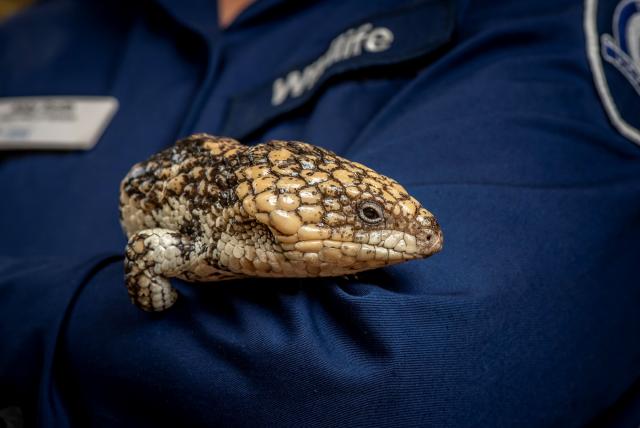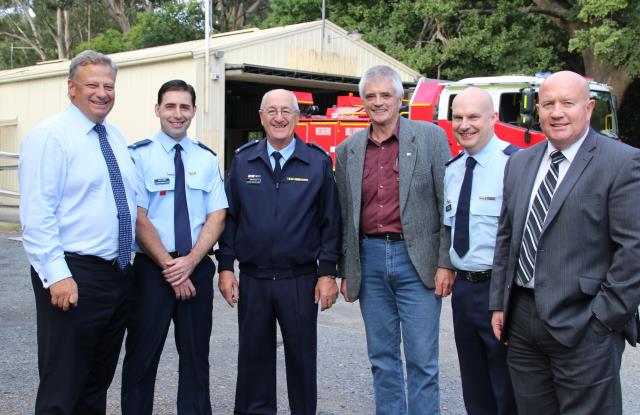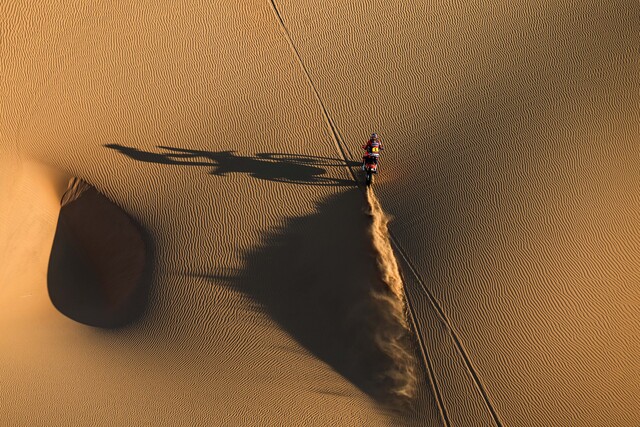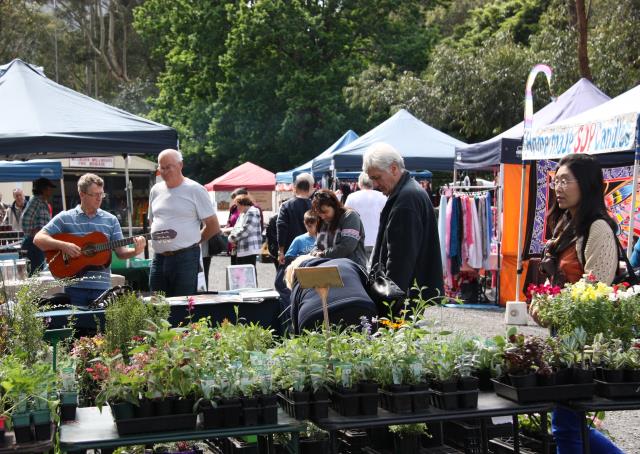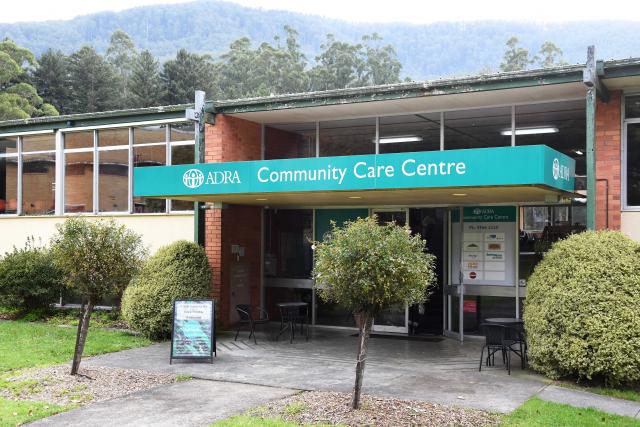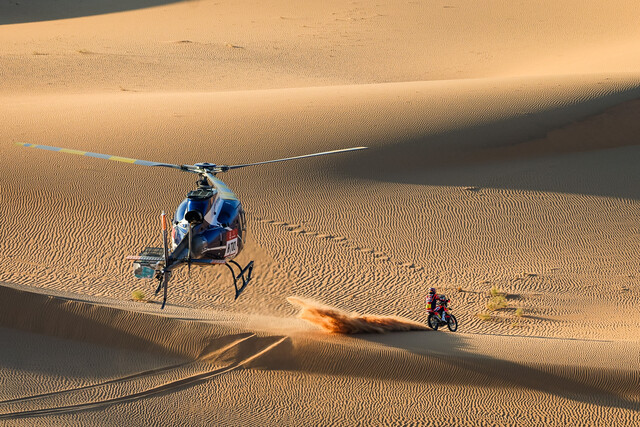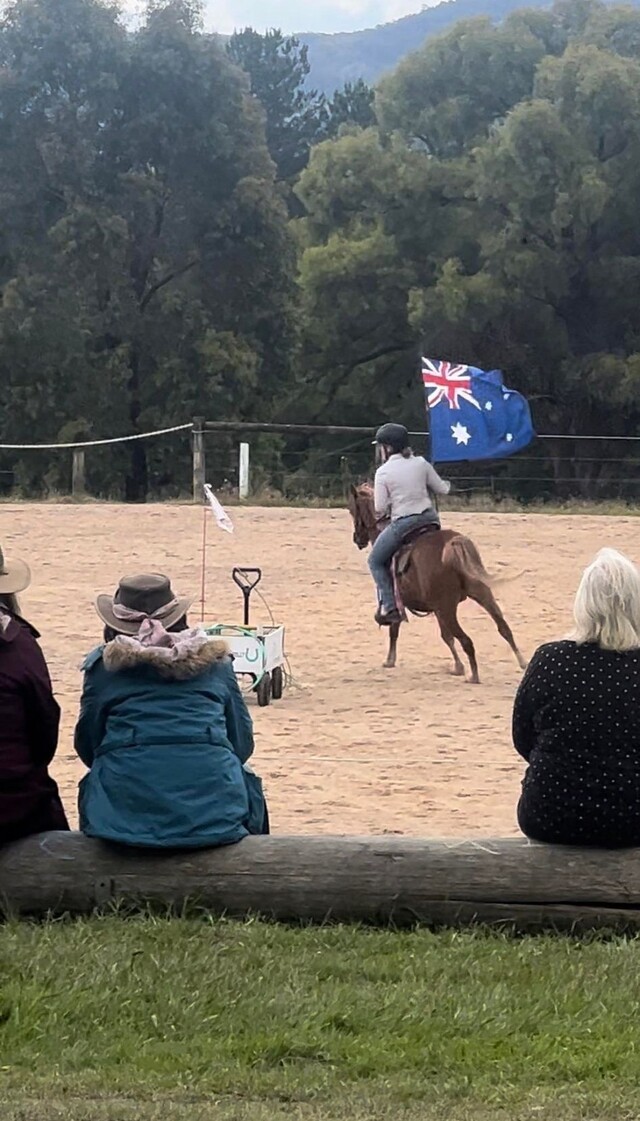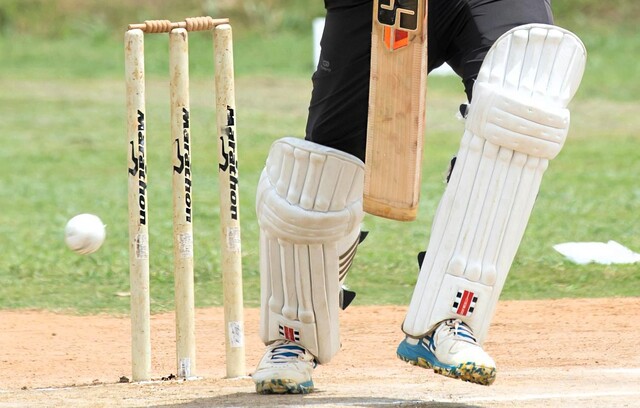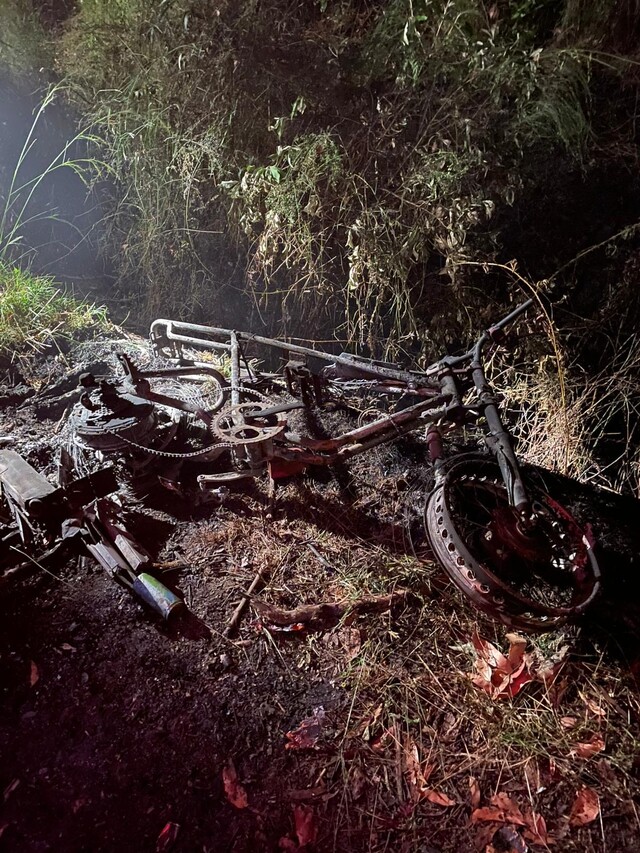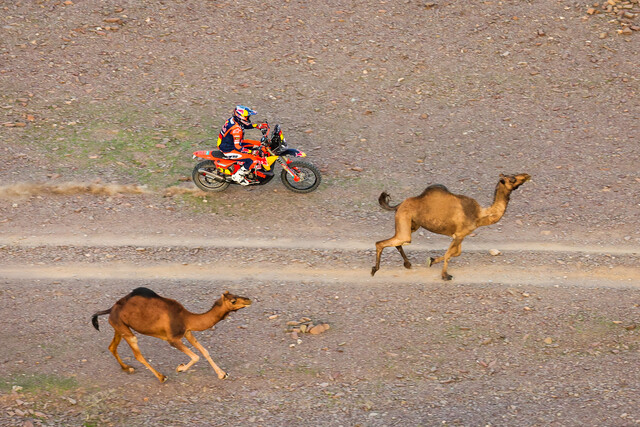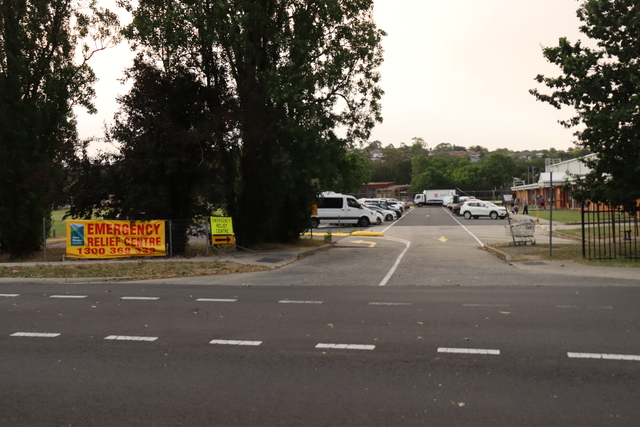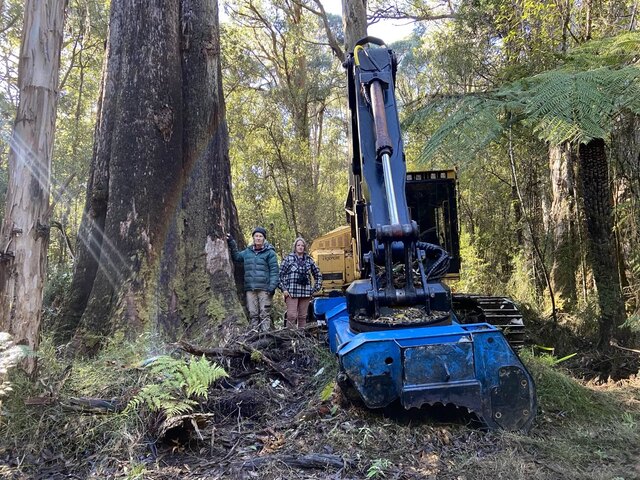The illegal capturing and trafficking of Australia’s native wildlife is a great concern for Victorian authorities, with thousands of animals taken yearly for the lucrative trade on home soil and overseas.
In 2019, a tourist Jeng Chiang was convicted of smuggling reptiles from Melbourne, sending six consignments through Australia Post with 40 eastern water dragons, 19 eastern blue-tongue lizards, and one black-headed monitor inside.
Chiang pleaded guilty to 67 charges and served a six month prison sentence before being deported to Taiwan.
This followed a 15 month investigation, Operation Sheffield, which exposed Chiang as the link in the illegal chain, picking up the poached animals to send off to Hong Kong.
Operation Sheffield was a collaboration between DELWP, Australian Border Force, the Department of Environment and Energy, Australia Post and RSPCA Victoria and uncovered 36 consignments picked up through the airport gateway carrying over 150 reptiles.
DELWP Chief Conservation Regulator Kate Gavens said sadly this illegal trade continues daily, which expected to increase in 2022 as the country opens up again.
“That’s just the tip of the iceberg, there’s regular cases where we’re picking up wildlife through those facilities or through inspections of premises where we’re finding the equipment and the means to be able to traffic wildlife internationally,” Kate Gavens said.
“We’ve seen a slowdown the last couple of years through the pandemic, but we certainly expect to see that trade pick up again in 2022.”
Poachers target animals across the country and Ms Gavens said the Upper Yarra and Yarra Ranges areas are a target for the criminal activity.
“We certainly know that some of the illegal wildlife activity that we pick up, including through Operation Sheffield, that some of those animals will have been sourced from areas like the Yarra Ranges and surrounding forests.”
Illegal poaching is a huge issue for native wildlife, causing the disruption of local biodiversity and habitat destruction.
DELWP has found turned over rocks and broken hollows as signs of poaching behaviour, which also permanently destroys habitat for other animals as well.
The animals then go through a horrific ordeal in attempts to smuggle them out of the country, suffering severely through the capture and containment.
“The animals that we’ve intercepted through the Australia Post network and the Australian Border Force are often bound with sticky tape, wrapped up in socks, hidden in rice cookers.
“This is a cruel trade and that’s why it is so important that we continue to focus on detecting and shutting down illegal trafficking of wildlife.”
The main driver behind the trafficking is high prices, seeing a wide range of animals sell for thousands of dollars on the black market and in the international pet trade.
“Shinglebacks can fetch up to $10,000 on the international market, where there might only attract $200 in Australia. But the other animal that is becoming an increasing target is our bird species, the red tail black cockatoo for example can get an asking price of up to $100,000.”
Crime Stoppers Victoria spokesperson Georgia Gallo said the charges and persecution for the illegal activity is significant.
“The fines are in the 10s of 1000s of dollars for possessing illegal animals, so that can be a maximum of 10 years jail or fine up to $210,000,” Georgia Gallo said.
The community’s support is of great value to the operations in identifying, investigating and convicting illegal poaching and smuggling.
Crime Stoppers has seen a 59 per cent increase in the past year of reports being made related to wildlife related concerns.
“It’s a really cruel business and the public are aware of the animal cruelty that’s involved in the trade.
“It’s also unusually because of Covid, people are so familiar with their areas where they walk every day that as soon as they see something that might be a little suspicious they’re going to report it because they want to keep each other safe.”
Yarra Ranges residents are encouraged to report suspicious activity in local forests, parks and reserves.
People with nets, buckets and egg cartons can be a sign of a wildlife traffickers at work, which can be confidentially reported to Crime Stoppers.
Traps left or changes in areas such as habitat being disturbed, rocks moved, hollows destroyed are also concerns, with reports made sent through to DEWLP investigators.
“It means that we’ve got a sense of where traffickers might be operating and we can then target those areas,” Ms Gavens said.
Those looking into purchase natives as pets in Victoria can also report suspicious local sellers, as strict licenses are needed to operate in the field.
“Make sure you’re buying from a licensed dealer or breeder, ask questions of the seller about the reptile’s history, request to look at the animal’s documentation, make sure the animal looks healthy, and check for obvious signs like ticks and lethargy in the animal.”
Crime Stoppers has noticed online sales are becoming attractive through Gumtree and Facebook marketplaces.
“Covid has really decreased face to face transactions and in illegal wildlife trade, like most criminals, they are going to find and evolve their ways of doing crime, so we’ve definitely seen more of an increase in social media and online buy and sell websites,” Ms Gallo said.
Last year a campaign was released called ‘Break the Chain’, profiling native and exotic pests while encouraging the community to report any information or suspicions.
Red-tailed black cockatoos and shingleback skinks were highlighted for being targeted by poachers, while African pygmy hedgehogs and red-eared slider turtles were exposed as animals being brought into Australia – posing a threat to biodiversity.
“Exotic pest animal are sometimes brought into Victoria by people that have it as a pet overseas, and once they come in they might realise that it’s actually illegal in Victoria and unfortunately dump it into the wild, which is an illegal offence.”
The public is encouraged to report any information relating to illegal wildlife trade to Crime Stoppers on 1800 333 000.
“The illegal wildlife trade is such a cruel business. These animals are tortured, some will die during transportation and at the end of the day, the people that are involved they’re all making money from it.
“There’s no care for the animals that are involved, the offenders have one thing in common and that’s unfortunately to make money.”

